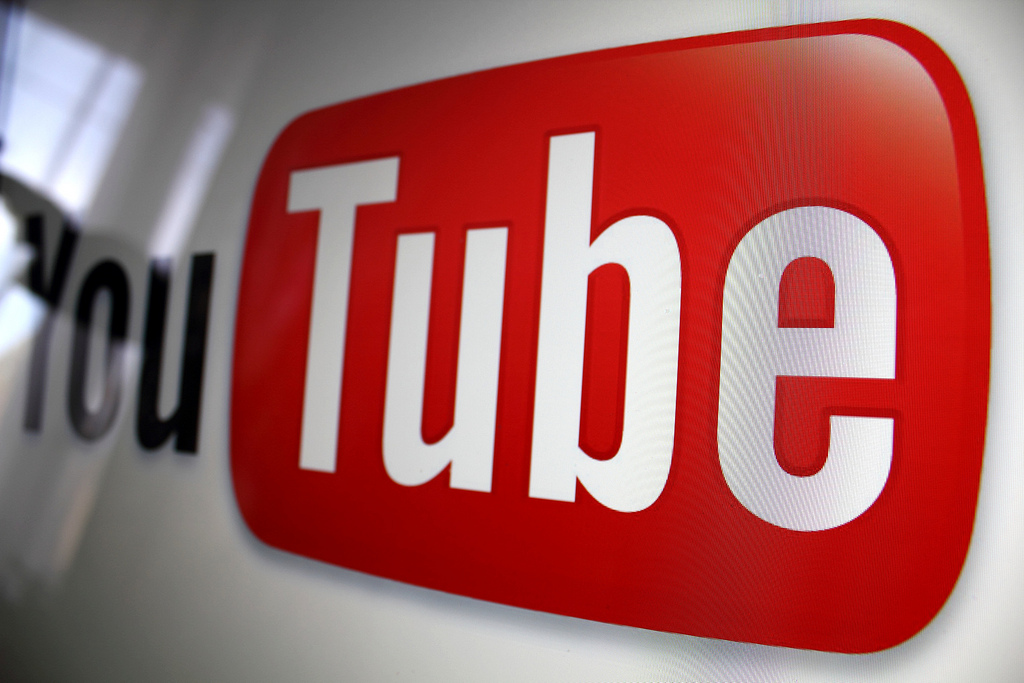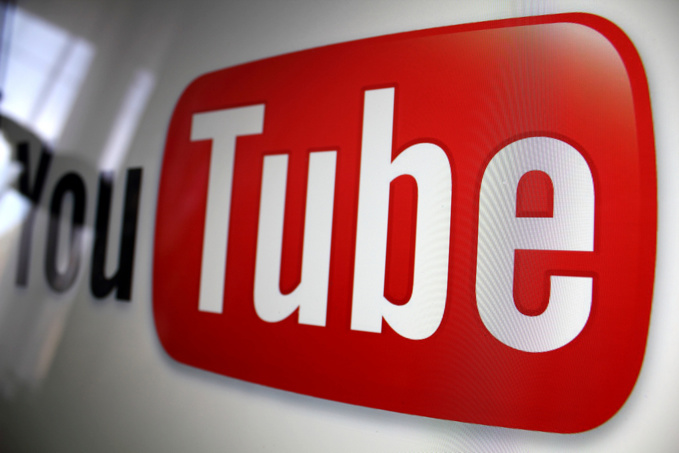Last year was difficult for YouTube. Despite financial achievements and building up its audience, the world’s most popular video hosting had to face several major scandals.
One of them is related to the advertising shown before videos. Many advertisers faced the fact that their videos were shown before conflicting or even illegal content.
Rupert Murdoch's newspapers The Wall Street Journal and The Times of London actively covered this issue. Their correspondents asked market giants whether they want their brands to be associated with videos that manifest racism, violence and cruelty.
As a result, Johnson&Johnson, Verizon, AT&T, General Motors, Walmart and Pepsico refused to advertise on YouTube. For this reason, YouTube decided to introduce new rules and toughen the process of monetizing content in 2018.
The main change that will affect authors of content will be new requirements for joining the YouTube Partner Program. Previously, it was enough to have at least 10 thousand views. Now, however, the author should accumulate 4 thousand hours of viewing in the last 12 months, as well as a thousand subscribers.
According to YouTube’s management, the restrictions will allow to identify dishonest users who want to "harm the community" and will not allow them to earn advertising by using conflicting content. The new rules will come into force on February 20, 2018 and will also apply to existing channels. Yet, it is noted that these criteria are not enough to determine the validity of uploaded videos.
"Therefore, in order to protect YouTube authors from unscrupulous competitors, we will continue to monitor any violation of the principles of the community, the spread of spam or other types of inappropriate content," the company said in a press release.
Experts believe that the new rules will give YouTube more time to "take a closer look" to channels and only then allow them to monetize their activities.
In theory, this will provide an opportunity at an early stage to cut off authors who are going to manipulate public opinion or spread false information.
A few days before the statement, YouTube announced plans to use special moderators to inspect each content unit that falls into the Google Preferred section - there are popular channels, advertising on which is sold at a more expensive price.
For these purposes, about 10 thousand people will be hired, who will be assisted by artificial intelligence. Together they will tag videos that are unsuitable for monetization. Thus, the video will pass a kind of censorship check, based on opinion of computer algorithms and several human experts.
Critics of Google, however, talk about belatedness of all these measures. In their opinion, the company was aware that commercials of famous brands could appear in front of dubious content, but preferred to earn money until a scandal broke out with the massive outcome of advertisers from video hosting.
It seems that the patience of Google/YouTube ended with an "extremist" video of Felix Kjellberg, better known as PewDiePie, who in 2016 became the world's richest video blogger. He told an anti-Semitic joke, which was negatively perceived by the YouTube community.
In September, PewDiePie was again caught on an unacceptable joke, offending his dark-skinned opponent on the game. He apologized and promised to think more about the example he gives to his fans.
source: nytimes.com
One of them is related to the advertising shown before videos. Many advertisers faced the fact that their videos were shown before conflicting or even illegal content.
Rupert Murdoch's newspapers The Wall Street Journal and The Times of London actively covered this issue. Their correspondents asked market giants whether they want their brands to be associated with videos that manifest racism, violence and cruelty.
As a result, Johnson&Johnson, Verizon, AT&T, General Motors, Walmart and Pepsico refused to advertise on YouTube. For this reason, YouTube decided to introduce new rules and toughen the process of monetizing content in 2018.
The main change that will affect authors of content will be new requirements for joining the YouTube Partner Program. Previously, it was enough to have at least 10 thousand views. Now, however, the author should accumulate 4 thousand hours of viewing in the last 12 months, as well as a thousand subscribers.
According to YouTube’s management, the restrictions will allow to identify dishonest users who want to "harm the community" and will not allow them to earn advertising by using conflicting content. The new rules will come into force on February 20, 2018 and will also apply to existing channels. Yet, it is noted that these criteria are not enough to determine the validity of uploaded videos.
"Therefore, in order to protect YouTube authors from unscrupulous competitors, we will continue to monitor any violation of the principles of the community, the spread of spam or other types of inappropriate content," the company said in a press release.
Experts believe that the new rules will give YouTube more time to "take a closer look" to channels and only then allow them to monetize their activities.
In theory, this will provide an opportunity at an early stage to cut off authors who are going to manipulate public opinion or spread false information.
A few days before the statement, YouTube announced plans to use special moderators to inspect each content unit that falls into the Google Preferred section - there are popular channels, advertising on which is sold at a more expensive price.
For these purposes, about 10 thousand people will be hired, who will be assisted by artificial intelligence. Together they will tag videos that are unsuitable for monetization. Thus, the video will pass a kind of censorship check, based on opinion of computer algorithms and several human experts.
Critics of Google, however, talk about belatedness of all these measures. In their opinion, the company was aware that commercials of famous brands could appear in front of dubious content, but preferred to earn money until a scandal broke out with the massive outcome of advertisers from video hosting.
It seems that the patience of Google/YouTube ended with an "extremist" video of Felix Kjellberg, better known as PewDiePie, who in 2016 became the world's richest video blogger. He told an anti-Semitic joke, which was negatively perceived by the YouTube community.
In September, PewDiePie was again caught on an unacceptable joke, offending his dark-skinned opponent on the game. He apologized and promised to think more about the example he gives to his fans.
source: nytimes.com



















